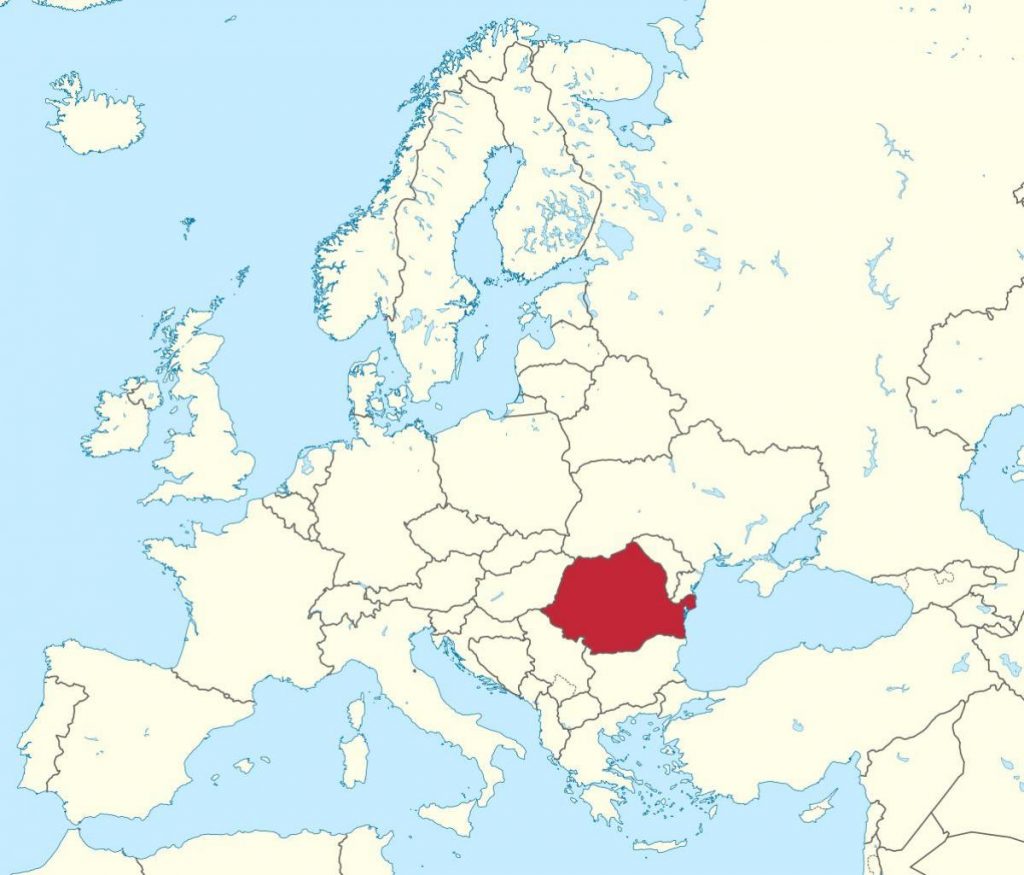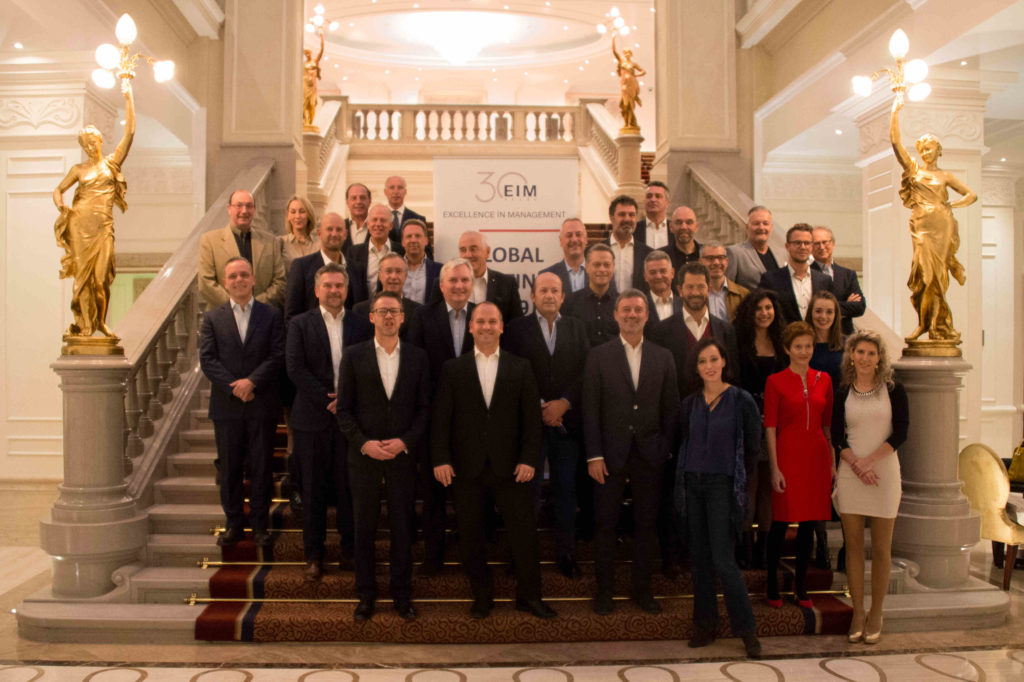DOING BUSINESS IN ROMANIA
WHY ROMANIA
1. Political and Business Stability
-
As part of the European Union, Romania stands for an incredible market opportunity in terms of size (the 8th in EU27) and population (the 6th in EU27), as the second largest country in Central and Eastern Europe and the largest in SEE. Following the country’s EU accession in 2007, investors here find themselves within a single market of almost 500 million consumers, as one of the largest in the world, providing unique advantages for companies seeking new markets for development and growth. Besides its belonging to the great European family.
2. Strategic Location
- Over the years, Romania has been able to cash-in on its geo-strategic location, as positioned at the crossroads of three great markets: the European Union, the CIS states and the Middle East, being crossed by three important pan-European transport corridors:
- no. 4 linking Europe from West to East,
- no. 9 from North to South and
- no. 7 facilitating inland water transportation on the Danube.
- Romania owns 1/3 of the Danube River and it stands also as the most significant gateway to the Black Sea through Constanta Port, the largest and deepest port at the Black Sea (with a 6 days reduction in maritime travel time, providing a competitive advantage against the biggest European port, Rotterdam, with regard to the Asian goods transport by sea).

3. Business-friendly Climate
- Projecting itself more effectively on the world investment map throughout cost-competitive business climate and maintaining its position as one of the most investment-conducive countries in the pool represents a mandatory achievement for Romania. Therefore, the country secured a sound, healthy economy, enjoying generous state aid schemes and a competitive tax system – one of the lowest flat tax, VAT and income tax rates in the EU as well as tax exemption on reinvested profit.
- The friendly business climate stands for solid ground in achieving sustainable global competitiveness, being designed to satisfy the international business community need for successful projects to be implemented.
- A significant network of 96 industrial parks spread across the country with both private and public ownership, brings to investor’s fingertips suitable locations with access to utilities & benefit packages according to their focus, for successful project implementation.
- There are no longer any major restrictions, regarding foreign investment.
4. Common Management Structures

- Management Structure – Joint stock companies can adopt a one-tier (that is, board of directors) or a two-tier (that is, directorate and supervisory board) management structure. Limited liability companies are managed under a one-tier structure.
- Management Restrictions – There are no restrictions on the appointment of foreign managers. In general, they must have the civil capacity to exercise such a position and must not have a conviction for financial crimes (including financing terrorism and money laundering).
- Directors’ and officers’ liability – With certain exceptions, directors are jointly liable to the company for any mismanagement. They can be held criminally liable for embezzlement, forgery, use of forgery, bribery and fraudulent management. Shareholders’ liability in joint stock and limited liability companies is limited to their contribution to share capital. However, in certain limited circumstances, a shareholder can be held jointly liable for the financial obligations of an insolvent company. For example, a shareholder taking advantage of the limited character of the company’s liability and of its distinct legal personality.
- Parent company liability – A parent company is generally liable for actions undertaken by its branch, but not for the actions undertaken by its subsidiary (unless the subsidiary is insolvent and the conditions of Article 27 of the Fiscal Procedure Code’s conditions are met), where the branch does not enjoy legal personality and the subsidiary does.
From a competition perspective, a parent company may be liable for the infringement of its subsidiary, in case the former has the ability to exercise decisive influence over the conduct of the latter. A 100% shareholding in a subsidiary creates a presumption of such decisive influence. This is rebuttable if the parent company can prove that the subsidiary acted independently and determined its own commercial behaviour. If liability is assigned to the parent company, the competition authority can hold both the parent company and the subsidiary jointly and severally liable for the fine (which will be applied to the consolidated turnover of the parent company). - Work permits – foreign employees (that is, non-EU, non-EEA (European Economic Area) and non-Swiss Confederation third country nationals) require work visas, work authorisations and residence permits to enter, work and stay in Romania.
Our Local and International Interim Managers already supported companies and Private Equity Funds in:
- Due diligence before acquisition
- Greenfield
- Brownfield
- Relocation of production
- Performance Improvement / Lean
- Governance and Transparency
- ERP/ SAP Implementation
- Digital Transformation
- Market entry
- Business Development
- Sales Channels and Market Approach
5. Dividends, Interest paid
Dividends paid – Dividend income is taxed as follows:
- 0% for corporate shareholders residing in the EEA (that is, the EU plus Iceland, Liechtenstein and Norway) if certain conditions are met. However, as of 1 January 2014, citizens of Iceland, Liechtenstein and Norway will no longer benefit from this exemption.
- 16% in all other cases. This can be reduced or even eliminated by a treaty for the avoidance of double taxation.
- Dividends received – Dividend income received from an EU subsidiary will be exempt from corporate income tax if the Romanian company has held at least 10% of the share capital of the distributing company for an uninterrupted period of at least two years, ending at the dividend distribution date.
Other dividend income is included in the general taxable basis and is subject to 16% corporate income tax. Under certain circumstances a tax credit can beobtained in Romania.
Interest paid – Interest income is taxed as follows:
- 0% for corporate shareholders residing in the EEA, if the beneficiary of interest income has held a minimum of 25% of the share capital of the Romanian company paying the interest income for an uninterrupted period of at least two years, ending at the date of interest payment.
- 16% in all other cases. This can be reduced or eliminated by claiming the provisions of the treaty for the avoidance of double taxation.
Interested in doing business in the CEE Region? Check our dedicated page for Bulgaria
Let’s discuss the opportunities together
EIM Executive Interim Management CEE
Together we can find the solution you are looking for



